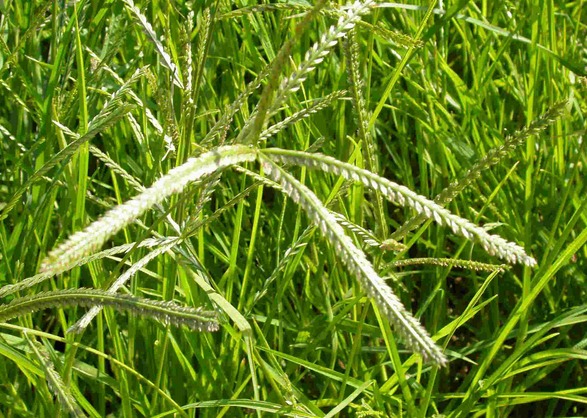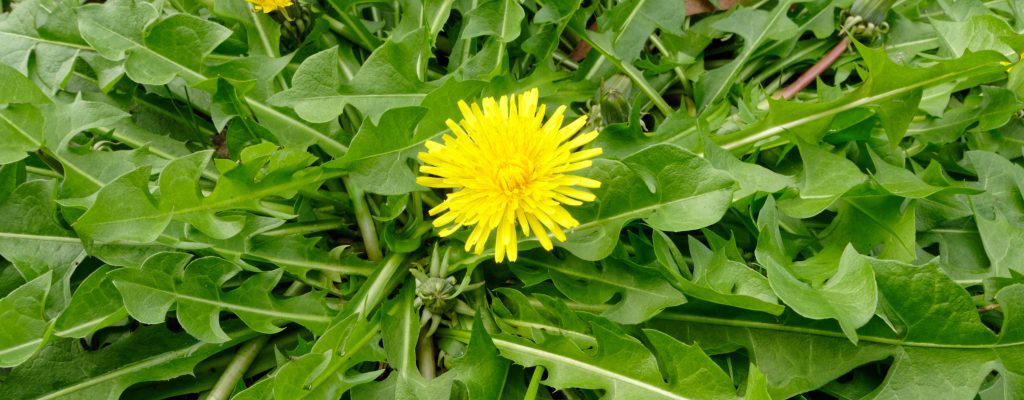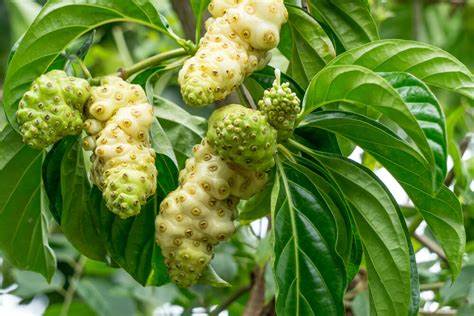Pignut (Hyptis suaveolens) Health Benefits Properties and How to Use as Herbal Medicines

Hyptis suaveolens, also known as pignut, is a branching pseudocereal plant native to tropical regions of Mexico, Central America, the West Indies, and South America. It has also been naturalized in tropical parts of Africa, Asia, and Australia
Health benefits of Hyptis suaveolens
- Antimicrobial Properties: Effective against various bacteria and fungi, helping to treat infections.
- Anti-inflammatory Effects: Reduces inflammation and is beneficial for conditions like arthritis.
- Antioxidant Activity: Protects the body from oxidative stress and free radical damage.
- Digestive Health: Traditionally used to treat digestive issues such as diarrhoea and stomach cramps.
- Respiratory Relief: Alleviates symptoms of respiratory conditions like asthma and bronchitis.
- Pain Relief: Used to relieve pain, including headaches and muscle aches.
- Wound Healing
Chemical properties Hyptis suaveolens

Hyptis suaveolens (pignut) is rich in various phytochemicals that contribute to its medicinal properties. Here are some of the key chemical constituents:
Key Chemical Properties:
- Essential Oils: Contains a significant amount of essential oils, which include monoterpenoids (72.54%), sesquiterpenoids (21.96%), and nonterpenoid constituents (5.49%).
- Tannins: Known for their astringent properties, tannins help in wound healing and have antimicrobial effects.
- Saponins: These compounds have anti-inflammatory and immune-boosting properties.
- Phenols: Includes compounds like rosmarinic acid and methyl rosmarinate, which have antioxidant and anti-inflammatory effects.
- Flavonoids: These are known for their antioxidant properties, helping to protect cells from damage.
- Terpenoids: Unique terpenoid metabolites such as suaveolic acid, suaveolol, and methyl suaveolate, which have various therapeutic potentials.
- Alkaloids: These compounds have been shown to possess antimicrobial and analgesic properties.
- Sterols: Includes beta-sitosterol and ursolic acid, which have anti-inflammatory and antiviral activities.
Notable Compounds:
- Ursolic Acid: Exhibits antiviral activity, including potential effectiveness against SARS-CoV-2.
- Rosmarinic Acid: Known for its strong antioxidant and anti-inflammatory properties.
These chemical properties make Hyptis suaveolens a valuable plant in traditional medicine and modern pharmacology.
How to use Hyptis suaveolens as herbal medicines
Hyptis suaveolens (pignut) can be used in various forms for its medicinal benefits. Here are some common ways to incorporate it into herbal remedies:
1. Herbal Tea
- Ingredients: Fresh or dried leaves of Hyptis suaveolens.
- Preparation:
- Boil water and pour it over 1-2 teaspoons of dried leaves or a handful of fresh leaves.
- Let it steep for about 10-15 minutes.
- Strain and drink.
- Benefits: Helps with digestive issues, respiratory problems, and provides antioxidant benefits.
2. Essential Oil
- Ingredients: Hyptis suaveolens leaves and flowers.
- Preparation:
- Distill the leaves and flowers to extract the essential oil.
- Dilute the essential oil with a carrier oil (like coconut or olive oil) before use.
- Uses:
- Topical Application: Apply to the skin for its antimicrobial and anti-inflammatory properties.
- Aromatherapy: Use in a diffuser to help with respiratory issues and to reduce stress.
3. Poultice
- Ingredients: Fresh leaves of Hyptis suaveolens.
- Preparation:
- Crush fresh leaves to release their juices.
- Apply the crushed leaves directly to wounds, insect bites, or inflamed areas.
- Cover with a clean cloth or bandage.
- Benefits: Promotes wound healing and reduces inflammation.
4. Infusion
- Ingredients: Fresh or dried leaves.
- Preparation:
- Steep the leaves in hot water for several hours or overnight.
- Strain and use the infusion as a rinse for skin conditions or as a mouthwash for oral health.
- Benefits: Helps with skin irritations and oral infections.
5. Capsules or Tablets
- Ingredients: Dried and powdered leaves.
- Preparation:
- Grind dried leaves into a fine powder.
- Fill empty capsules with the powder or press them into tablets.
- Dosage: Consult with a healthcare provider for appropriate dosages.
- Benefits: Convenient way to consume for overall health benefits.
Safety and side effects of Hyptis suaveolens
Hyptis suaveolens (pignut) is generally considered safe when used appropriately, but there are some safety considerations and potential side effects to be aware of:
Safety Considerations:
- Allergic Reactions: Some individuals may experience allergic reactions, such as skin irritation or respiratory issues. It’s advisable to perform a patch test before using it topically.
- Pregnancy and Breastfeeding: There is limited information on the safety of Hyptis suaveolens during pregnancy and breastfeeding. It’s best to consult with a healthcare provider before use.
- Dosage: Always adhere to recommended dosages. Overuse can lead to adverse effects.
Potential Side Effects:
- Skin Irritation: Topical application may cause skin irritation in sensitive individuals.
- Gastrointestinal Issues: Ingesting large amounts may lead to stomach upset or diarrhea.
- Respiratory Problems: Inhaling the essential oil in large quantities may cause respiratory irritation.
General Precautions:
- Consultation: Always consult with a healthcare provider before starting any new herbal remedy, especially if you have underlying health conditions or are taking other medications.
- Proper Use: Ensure proper preparation and use of the plant to avoid contamination or incorrect dosages.









Review Pignut (Hyptis suaveolens).
You must be logged in to post a review.